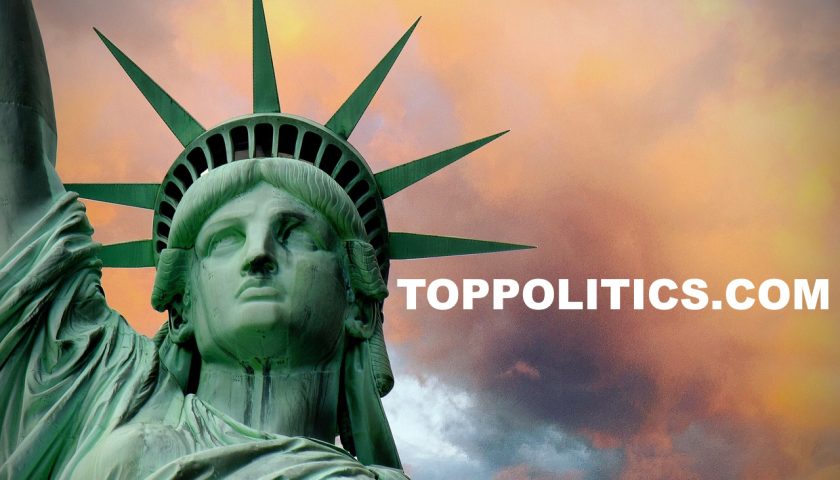Alexander Hamilton ? Policy Separated from Politics:
I am related to Hamiltons who came to Canada as United Empire Loyalists but I cannot say for sure they were related to this man who clearly was also a monarchist. William Hamilton Stewart is one of the Stuart historians I have quoted and his name is proof for the Hamiltons being part of the Stuart Hibernian and Merovingian continuum. This man says his family history goes back to the Berbers for at least 20,000 years and I think he could go further than that if he wanted to use archaeology and the work of Gimbutas.
Here is Noam Chomsky making a most important connection. Politics has become something totally absurd. We see Mr. Chomsky makes a good case for something quite the opposite of what people call democracy, being in fact, social engineering by elites.
“A similar move from Stalinist commissar to celebration of America is quite standard in modern history, and it doesn’t require much of a shift in values, just a shift in judgment as to where power lies.
Independently of Jefferson and Bakunin, others were coming to the same understanding in the nineteenth century. One of the leading American intellectuals was Charles Francis Adams, who in 1880 described the rise of what is now called the “post-industrial society” by Daniel Bell and Robert Reich and John Kenneth Galbraith and others. This is 1880, remember. A society in which, Adams says, ‘the future is in the hands of our universities, our schools, our specialists, our scientific men and our writers and those who do the actual work of management in the ideological and economic institutions.’ Nowadays they’re called the “technocratic elite” and the “action intellectuals” or the new class or some other similar term. Adams, back in 1880, concluded that ‘the first object of thinking citizens, therefore, should be not to keep one or another political party in power, but to insist on order and submission to law.’ Meaning that the elites should be permitted to function in what’s called “technocratic isolation,” by the World Bank — I’m being a little anachronistic here, that’s modern lingo — or, as the London Economist puts the idea today, ‘policy should be insulated from politics.’ That’s the case in free Poland, they assure their readers, so they don’t have to be concerned about the fact that people are calling for something quite different in free elections. They can do what they like in the elections, but since policy is insulated from politics and technocratic insulation proceeds, it really doesn’t matter. That’s democracy.
A decade earlier, in 1870, Adams had warned — they were worried then about universal suffrage, people were fighting for the right to vote — he warned that universal suffrage would ‘bring the government of ignorance and vice, with power in the hands of the European and especially Celtic proletariat on the Atlantic coast,’ those horrible Irish people, ‘an African proletariat on the shores of the Gulf and a Chinese proletariat on the Pacific.’ Adams didn’t foresee the sophisticated techniques that would be developed in the twentieth century to ensure that policy remains insulated from politics as the franchise was extended through popular struggle and to guarantee that the general public would remain marginalised and disaffected, subdued by the new spirit of the age and coming to see themselves not as free people who have a right to dignity and independence but as atoms of consumption who sell themselves on the labour market, at least when they’re lucky.
Adams was in fact expressing an old idea. Eighty years earlier Alexander Hamilton had put it clearly. He said there was the idea that your people are a great beast and that the real disease is democracy. That’s Hamilton. These ideas have become ever more entrenched in educated circles, as Jefferson’s fears and Bakunin’s predictions were increasingly realised. The basic attitudes coming into this century were expressed very clearly by Woodrow Wilson’s Secretary of State, Robert Lansing, attitudes that led to Wilson’s Red Scare {While the real power behind Wilson was supporting Trotsky and the Russian Experiment – Col. House.}, as it was called, which destroyed labour and independent thought for a decade.” (1)
The Hegelian Dialectic that sees both ends played against the middle and all other perspectives clearly was at work as Lafitte was followed by Colonel House who had lived in the same house in Galveston where his father took over the business of blockade-running that Lafitte had made a fortune doing.
Author of Diverse Druids, Columnist for The ES Press Magazine, Guest writer at World Mysteries.com

